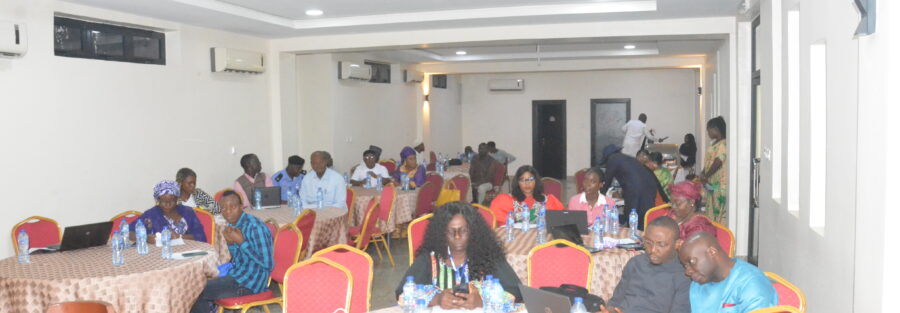EXECUTIVE SUMMARY
This survey was undertaken by the Centre for Transparency Advocacy (CTA) regarding the
“impact of fuel subsidy removal in Nigeria and suggestions for palliative measures”. The
essence of the survey was to evaluate the consequential outcomes of fuel subsidy removal on
the living conditions of Nigerians.
Responses from 1,041 respondents revealed challenges arising from the higher cost of
commodities, which had a significant impact on household budgets. Additionally, the
increase in transportation expenses further raises the financial burden of citizens and
contributing to the overall rise in the cost of living. Moreover, the escalation in food prices
has also exacerbated financial pressures for communities.
The removal of fuel subsidies has also affected the cost of education, with higher school fees
leading to a rise in school dropouts and posing challenges for students and their families.
Vulnerable groups, especially persons with disabilities, faced increased financial burdens, are
not excluded in economic hardship imposed by fuel subsidy removal.
The survey results also show that business owners experienced a threefold increase in
expenses; affecting turnovers and profit margins, and subsequently leading to business
closures to some that cannot withstand the new economic realities. Also to add is that, the
increasing cost of living, rise in cost of services, goods and raw materials has largely affected
business where in most cases business owners reduce workforce or cut down the size of
business operations.
Arising from the prevailing economic realities imposed by fuel subsidy removal, individuals
and communities employed various strategies to adapt and cope with the increasing cost of
living. Notable measures included in this adaptation strategies are: reducing cost by cutting
down all unnecessary expenses, optimizing fuel consumption, and embracing energy-saving
practices.
To mitigate the impact of subsidy removal, palliative measures were suggested at different
levels of government. At the community and Local Government Area level, free
transportation, cash transfers to vulnerable groups, distribution of food items, and
involvement of community-based organizations were proposed. Additionally, supporting
agriculture and empowering members of the community with livelihood coping skills were
recommended.
At the State and Federal level, measures such as reducing tax rates, regulating commodity
prices, implementing mass transit schemes, and increasing minimum wages were suggested.
Furthermore, establishing critical infrastructure and providing support in sectors like
agriculture, education, health, and small and medium-sized enterprises (SMEs) were deemed
necessary.
Click Below to View Full Report…..
CTA REPORT ON IMPACT OF FUEL SUBSIDY ON NIGERIANS AND SUGGESTIONS FOR PALLIATIVES


